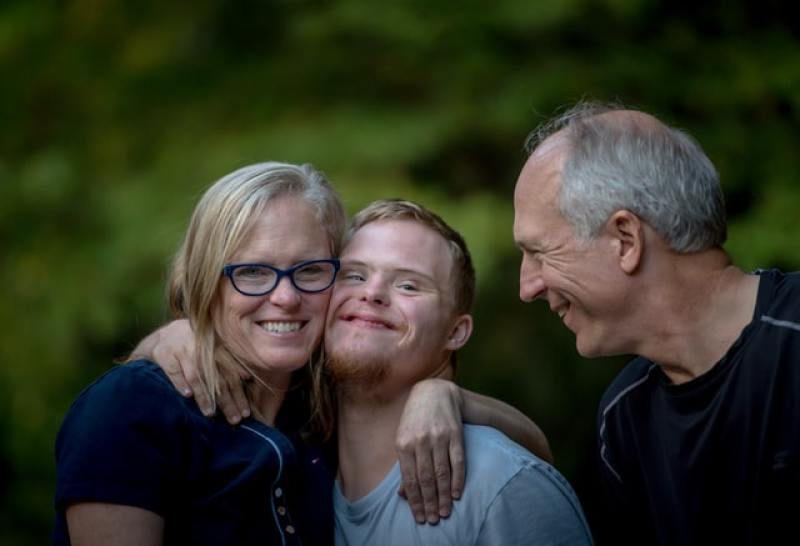
Arizona Attorney General Mark Brnovich on Tuesday made an emergency request to the justices of the U.S. Supreme Court to uphold a Republican-backed law that prohibits abortions performed because of fetal genetic abnormalities such as Down Syndrome from going into effect. The request sought to block part of a ruling made in September by a federal judge in Arizona that put the newly enacted measure on hold.
Reuters reported that in April, the Arizona Medical Association physicians' group and abortion rights advocates filed a lawsuit after the state's Republican Governor Doug Ducey signed into law a measure that prohibited abortions performed specifically due to genetic disorders detected in the fetus. Such genetic disorders include Down Syndrome or cystic fibrosis, unless the condition is considered lethal. The new law is only one in several Republican-backed abortion restrictions being pushed on the state level in the past few years.
According to the Christian Headlines, legislative findings revealed that children with Down Syndrome are "disproportionately targeted for abortions," with between 61% to 91% of parents choosing to abort their child when they find out that the child they are carrying has genetic disorders on a prenatal test.
A federal judge overturned the law, arguing that it was unconstitutional. The U.S. Ninth Circuit Court of Appeals then declined Arizona's request to stay the lower court ruling. In the December 10 emergency request by Attorney General Brnovich, the state asked the justices to stay the ruling and allow the law to be enforced while litigation continues on the appeal. The request was sent to Justice Elena Kagan, who handles emergency requests in the Ninth Circuit.
Attorney General Brnovich argued in the emergency request that states have "an interest in remedying discriminatory practices towards those with mental or physical disabilities." He also cited the legislative findings and argued that the law's purpose was "to protect unborn children from prenatal discrimination."
Attorney General Brnovich presented three reasons why the law prohibiting abortions based on Down Syndrome was enacged. First, he said that the law was designed to send a message that "children with genetic abnormalities, whether born or unborn, are equal in dignity and value." Secondly, he argued that the law protects against "coercive health care practices that encourage selective abortions of persons with genetic abnormalities." Lastly, the law aimed to protect the "integrity and ethics of the medical profession by preventing doctors from becoming witting participants in genetic-abnormality-selective abortions."
The Arizona law provides exceptions for the life and health of the mother. Attorney General Brnovich argued that the Arizona law does not violate the Supreme Court precedent established in the Roe v. Wade and Casey v. Planned Parenthood decisions.
The Guttmacher Institute reported that there was a 6% decline in the Arizona abortion rate from 2014 to 2017, from 9.8 to 9.2 abortions per 1,000 women of reproductive age. In Arizona, abortions performed for the purpose of race or sex selection is prohibited. Women are also requried to receive state-directed, in-person counseling that includes information designed to discourage motehrs from having an abortion, then wait 24 hours before the procedure is done. A mother must also undergo an ultrasound at least 24 hours before the abortion procedure and the doctor must offer the patient the option to see the image.

























